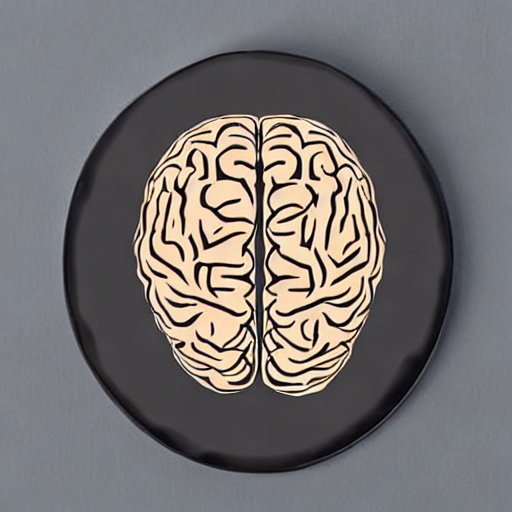Manic March #2-3: EPISTEMOLOGICAL CANCER
March 2, 2023
conocer? i don’t even know ‘er!

I’m not entirely sure that one can have perfect self-knowledge, that a person can know everything that they are and are not, that which they are attracted to and repulsed by, the character qualities that they have or the ones which they wish they have. This is not a new belief; Jung discusses the ego and the shadow, in which the shadow embodies parts which are not expressed in the ego, or conscious self. These are the parts of of the self which the conscious mind does not want to engage in, those which have been pushed down from childhood, not engaged with, and left to rot. However, leaving these parts behind is not the right choice (according to Jung). He believes that one can integrate these parts by noticing that which makes them feel…off. This is vague; he claims that one can engage with this part of themselves via active therapy, but fails to argue - in my eyes - a solid, more material description of what engaging with this self is like. There is a breakdown of the persona, yes, but how does that feel? I believe that Jung did in fact go through this process, that there was a material basis to that which he felt during his writing of the Red Book, and that his instincts are not entirely misguided, but am not sure if this is entirely extensible.
One of the qualities which makes people distinct from animals is their broad ability to learn, which extends to the formation of the psyche. Feral children, if raised by animals for a long while, do not seem to have a strong sense of self. From this, we can infer that there is some part of psyche formation that is social. This is where I begin to have issues with Freud, Jung, and other mid-twentieth century psychologists.
People tend to emulate that which they were raised in; there is a wide range of what the human psyche tends to be within, and across, societies. There’s been some consternation in liberal circles recently about the worse mental health of young liberals compared to conservatives, with liberals firing back something along the lines of conservatives being repressed, etc. And, while there are examples of that, including my favorite senator Lindsey Graham, by-and-large, I do not this repression and lying are the explanation. I genuinely do think that conservatives have better mental health than liberals because they were raised differently and have different information ecosystem than liberals. Their psyches have been trained on different data, to steal a machine learning term. For better or for worse, this is a one way street.
Back to the 20th-century psychologists. I do not dispute that Carl Jung and Sigmund Freud had genuine beliefs and experiences that supported their writings. However, their extensibility is largely a function of the fact that these ideas caught on. These ideas are real because we believe they are; it has been made so. This is likely irreversible - it is difficult to eliminate an idea once it has spread. Luckily, these ideas seem to have helped people because they explain phenomena in people’s lives (religion can serve this function as well, psychiatry and psychoanalysis are filling a void here). Other ideas, not so much. This is why talking about the self can be an empty call; it is not entirely certain that this place holds meaningful discussion, given that it is an invented idea itself. The material basis is lacking. When we discuss “knowing the self”, “the unconscious”, and other psychological concepts in reference to the person, these are entirely invented categories, which may not reflect the real world, and therefore may be a less productive way of talking about the world than commonly accepted.